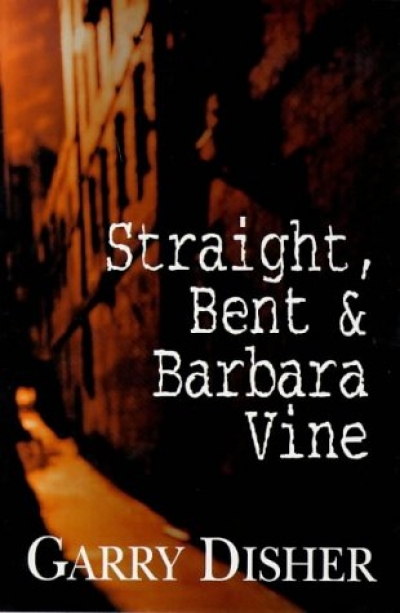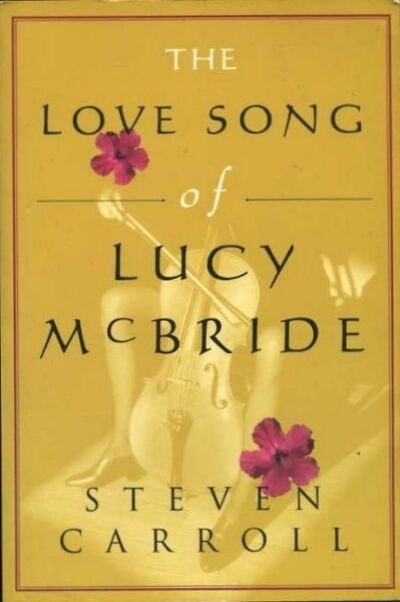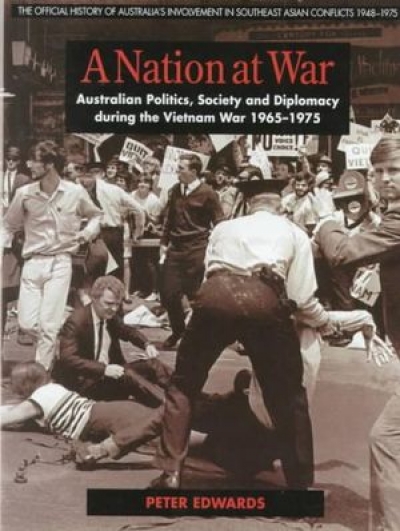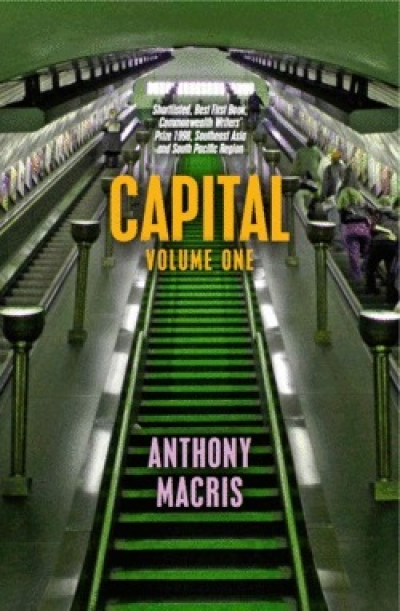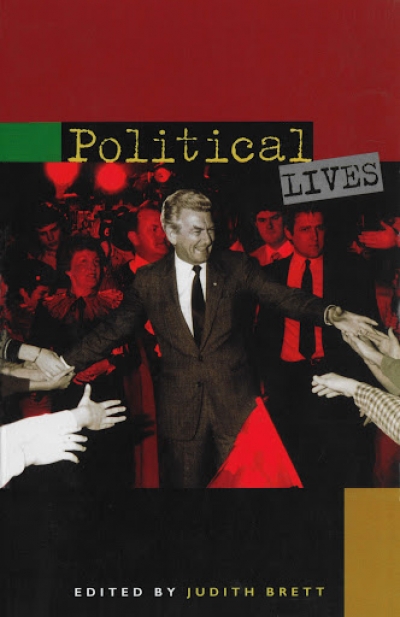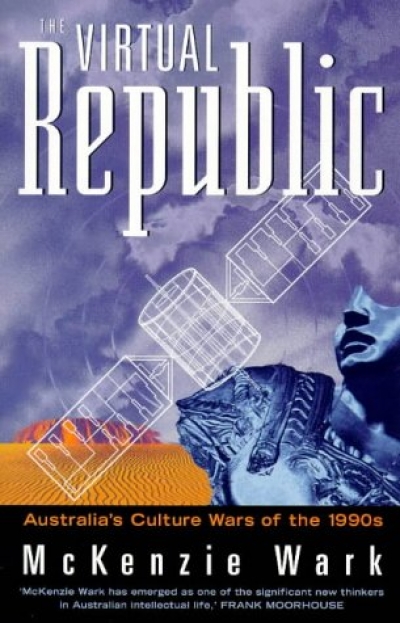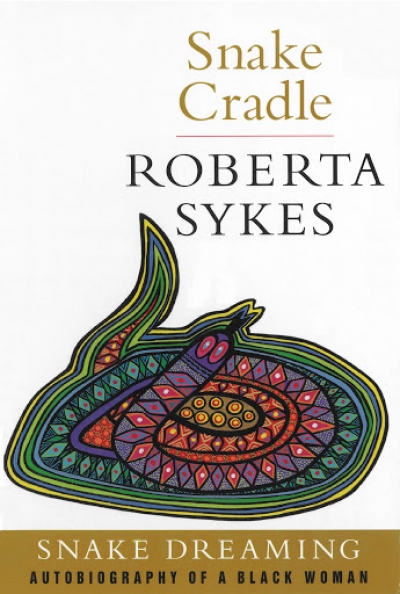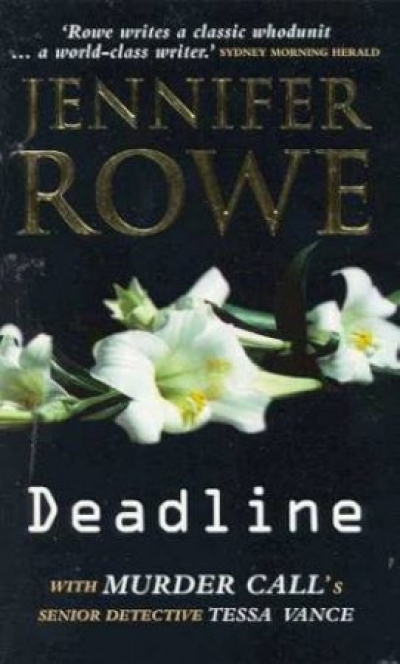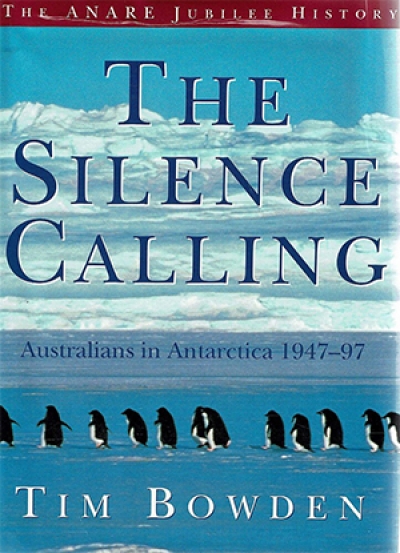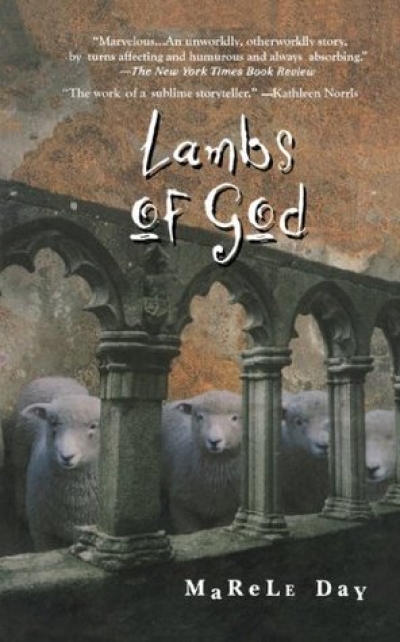Allen & Unwin
Straight, Bent and Barbara Vine by Garry Disher & Raisins and Almonds by Kerry Greenwood
by Stuart Coupe •
A Nation at War: Australian politics, society and diplomacy during the Vietnam War, 1965–1975 by Peter Edwards
by Peter Pierce •
The Virtual Republic: Australia’s culture wars of the 1990s by McKenzie Wark
by Gerard Windsor •
Snake Cradle: Autobiography of a black woman by Roberta Sykes
by Alexis Wright •
Here’s the first in a new series from the indefatigable pen of Jennifer Rowe. Verity Birdwood is still going strong, at last check: it wasn’t so long ago that I reviewed Lamb to the Slaughter in these pages. And, of course, as Emily Rodda, Rowe has turned out a couple of dozen Teen Power books, attracting several Children’s Book Awards. She is every inch a professional writer.
... (read more)The Silence Calling: Australians in Antarctica 1947–97 by Tim Bowden
by Peter Pierce •

